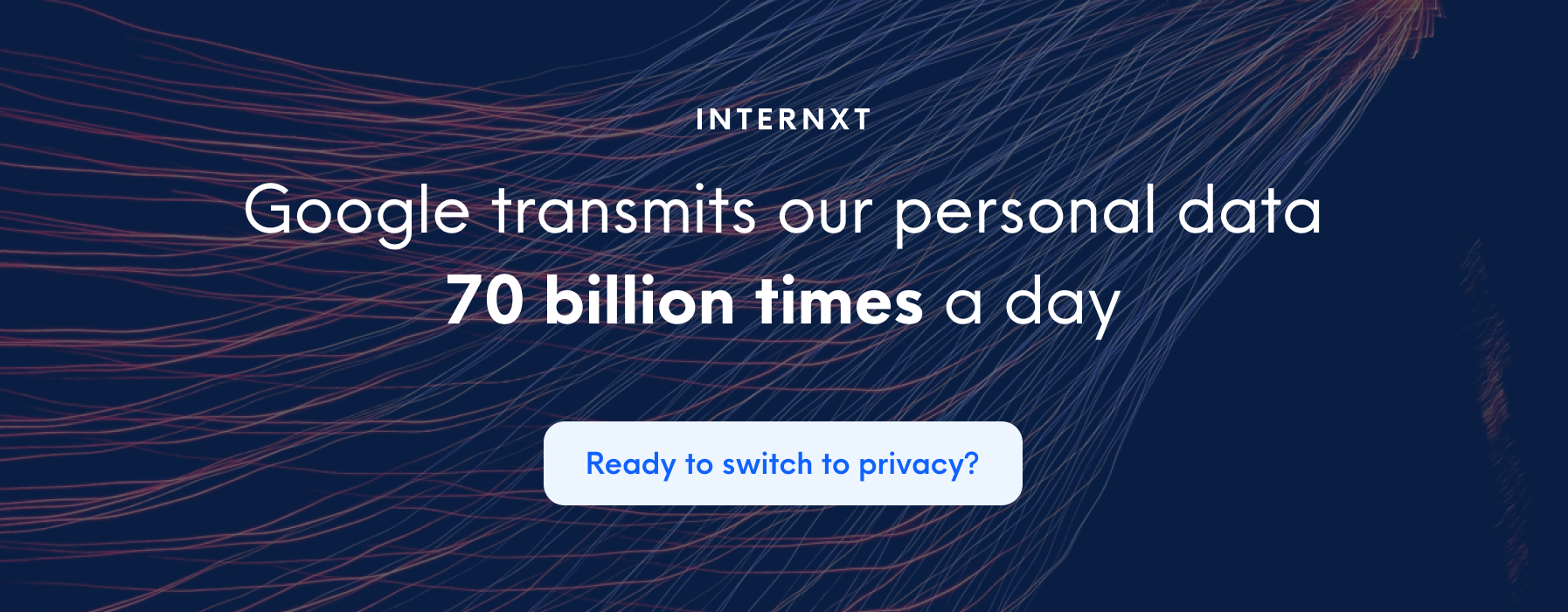The Glorious Economics of Cloud Computing and Something Called Capital

Earlier, before the advent of cloud computing, businesses used to have their data centers. These data centers were expensive to set up and maintain. They required a lot of expertise to manage. As a result, only large enterprises could afford them.
However, with cloud computing, even small and medium businesses can now take advantage of this emerging and forward-thinking technology.
Data shows that businesses that use cloud technologies tend to grow faster, be more profitable, and generate more jobs. Done well, the cloud can be a powerful business enabler, providing the agility and scalability to drive innovation and growth. Poorly done, it can be a drag on performance and a drain on resources.
This article will explore the basics of cloud economics and how businesses can benefit from its adoption.
What Is Cloud Economics?
The economics of cloud computing involves studying how businesses use cloud technologies to improve their productivity, efficiency, and bottom line. It also encompasses the analysis of how these technologies impact different sectors of the economy.
The economics of cloud computing is based on pay-as-you-go consumption models and the efficient use of resources. This means that customers pay only for the resources they use when they use them. This consumption-based pricing model is a vital driver of the economic benefits of cloud computing.
The Economic Background of Cloud Computing
Cloud computing is economically feasible and beneficial for businesses because it helps them to save on capital expenditure (CAPEX) and operational expenditure (OPEX).
CAPEX refers to the money a business spends to buy or upgrade physical infrastructures, such as servers, data storage systems, and networking equipment. In contrast, OPEX is a business's money on running and maintaining its infrastructure.
This is beneficial for business in two main ways:
- Businesses only need to pay for the resources they consume rather than invest in and maintain their own infrastructure. This frees up capital that can be reinvested in other areas of the business.
- Businesses can scale their use of resources up or down according to their needs without incurring the costs of buying or upgrading physical infrastructure.

What Are the Capital Costs for Startups?
When we talk about capital cost, we refer to the money a business spends on buying or upgrading physical infrastructures, such as servers, data storage systems, and networking equipment.
For startups, these costs can be significant, as they need to invest in hardware and software to get their business up and running. However, startups can avoid these upfront costs by adopting a cloud computing model. Below is exactly how cloud computing reduces the capital expenditure for startups:
Tiered pricing
Most companies that provide cloud services offer a tiered pricing model, which means that the price per unit of resource decreases as the number of resources used increases. This benefits startups, as they can start with low usage and only pay for what they need.
Prices per unit
If you are just getting started, you can select a subscription plan that suits your needs and only pay for the resources you use. This can be a more cost-effective option than buying physical infrastructure, as you only have to pay for what you need. This is convenient for business owners who want to use different accounting software for multiple businesses.
No upfront costs
Cloud computing also eliminates the need for businesses to make a significant upfront investment in hardware and software. This is super beneficial for startups, as they often have limited capital.
Benefits of Economic Cloud Computing
The benefits of cloud computing for online businesses is immense but there are five major advantages that can’t be ignored:
Scalable infrastructure
Cloud computing offers scalable infrastructure, meaning businesses can scale their use of resources up or down according to their needs. This scalability is a key driver of the economic benefits of cloud computing, as it allows businesses to respond quickly to changes in demand.
Additionally, cloud computing has a flexible pricing model, meaning businesses only need to pay for the resources they use. Auto-scaling features can also help companies to save money, as they only pay for the resources they consume when demand is high.
Improved data security
Cloud computing is a good option if you are looking for an economical way to improve your data security. Businesses that use cloud computing can benefit from enhanced data security, as their data is stored off-site and away from the premises.
Even if there is a power outage or natural disaster, your data will be safe and secure. Big and noteworthy organizations are starting to use cloud computing to store their data, as it is a more reliable and cost-effective option compared to traditional storage methods.
Better collaboration between employees
Adapting the cloud has led to the creation of project management software such as Asana and monday.com specifically geared to improve collaboration between employees. This software allows easy access to files from anywhere, which makes it easier for employees to work together on projects.
Cloud-based software systems such as FreshBooks and Slack offer features allowing businesses to communicate and collaborate more effectively. These tools can help businesses to save time and money as they improve the efficiency of communication and collaboration between employees.
Faster innovation
Cloud computing makes innovation now more painless, as businesses can quickly and easily test new ideas and applications. This flexibility allows businesses to be more agile and responsive to change.
Moreover, it also helps companies to save money, as they can avoid the costs associated with traditional software development. It is also a safe environment to test new business models' effectiveness without incurring enormous expenses.
Unlimited storage
Unlimited storage is essential for businesses, as they can store all their data in the cloud without a second thought.
This especially benefits companies that deal with large amounts of data, such as video and image files. The cloud is capable of storing this data securely and makes it easily accessible from anywhere. You don't have to worry about losing your large files because cloud computing providers offer handy backup and data recovery services.
What Should You Avoid While Using Cloud Computing?
Although cloud computing is one of the safest means to store your data, there are a few things you should avoid while using it:
- Leaving your data unencrypted: If you are not encrypting it, it is vulnerable to attacks. Businesses should always encrypt their data while storing it in the cloud.
- Avoid outdated software: Using obsolete software can lead to security vulnerabilities. It is essential to keep your software up-to-date to avoid these risks.
- Disregarding the terms of service: When you sign up for a cloud computing service, you should always read the terms of service. These terms of service usually contain important information about the security of your data and how it is handled.
- Failing to back up your data: You should always keep a backup of your data, just in case something happens to the original copy.

The Bottom Line
When we look at the economics of cloud computing, it’s evident that there are tremendous benefits that businesses, both big and small, can accrue.
The cloud is a simple, cost-effective solution that can help enterprises to save money while improving their data security, collaboration potential, and overall innovation.
If you are a business owner stuck with the decision of whether or not to migrate to the cloud, this article should have helped you see the many benefits that can be gained by making the switch.
Always make sure you do thorough research to find the best provider for your needs and always read the terms of service before signing up for any cloud computing services. Cloud computing is certainly here to stay.

